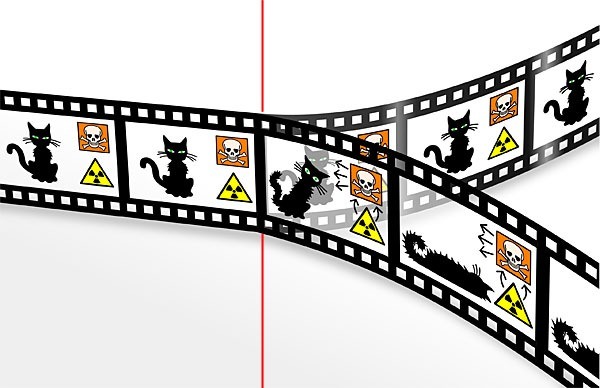by Thomas O’Dwyer
Our world (made of atoms) is crammed with paradoxes. Particles act like waves, waves like particles And your cat can be dead and alive at the same time. Just step through your looking glass and welcome to the quantum world. “If you think you understand quantum mechanics, you haven’t understood quantum mechanics,” the physicist Richard Feynman once said. Of course, the non-scientific reader may respond, “Why would I want to understand it?” If a genius like Feynman became lost in the twisting labyrinth of the quantum world, abandon hope all ye who expect to become enlightened here.

Quantum theory is famously opaque, and it drew dismissive grumbles from Albert Einstein. He was one of many superior minds who worried that science was abandoning its high road of rigorous clarity to dabble again in the murkiness of faith and superstition by even pondering the notion of quantum reality. Alive-dead animals, parallel universes, the existence of all times past present and future? These were for April 1 spoofs, right guys? Yet, whether one is aware of it or not, quantum mechanics has given us lasers, smartphones and many esoteric electronic components, like tunnelling diodes, from which we build our devices. They come with a weird label that says, we made them, and they work, but we don’t quite know how. Quantum computers will soon solve problems well beyond the reach of present-day digital machines – complex chemical analyses, dynamic biological processes. These will be of use to the pharmaceutical industries, and they will also model complex systems like financial transactions and climate changes. Read more »
